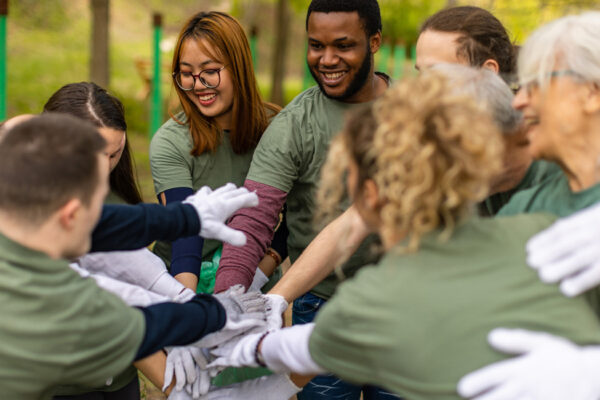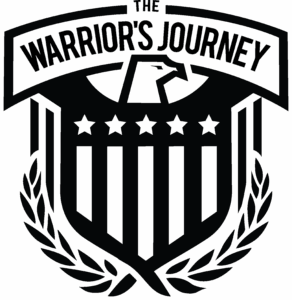For many veterans, the end of military service marks not just a career transition but a profound shift in identity and belonging. The camaraderie, structure, and shared purpose that come with military life are difficult to replicate in civilian life. That’s why community — real, supportive, understanding community — becomes not just helpful, but essential.
Life After Service: The Invisible Transition
Leaving the military can feel like stepping into an entirely different world. The uniform comes off, but the experiences, discipline, and, many times, trauma, stay. Veterans may face challenges like navigating the civilian workforce, dealing with physical or psychological injuries, or even just finding people who get it. This transition can lead to isolation if there isn’t a strong support network in place.

Why Community Matters
Combatting Isolation and Loneliness
One of the most difficult parts of post-service life is the sense of being alone in your experience. Community provides veterans with connection — people to talk to, lean on, and grow with. Even just being around others who understand the culture and challenges of military life can significantly reduce feelings of loneliness.
Shared Understanding and Support
Civilian life doesn’t always provide the kind of peer support veterans are used to. Veteran communities — whether local meetups, online groups, or organizations — offer a space where service members can speak openly without needing to explain everything. That shared experience builds trust, which is often hard to find elsewhere.
Mental Health and Resilience
Research shows that social connection is a key factor in mental health. For veterans dealing with PTSD, depression, or anxiety, having a community can literally be life-saving. Talking with others, sharing stories, and receiving encouragement can build resilience and help veterans feel seen and valued.
Purpose and Giving Back
Many veterans are driven by a strong sense of service. Being part of a community often means finding new ways to serve — mentoring younger vets, volunteering, or participating in local initiatives. This kind of purpose is deeply fulfilling and helps bridge the gap between military and civilian life.
Navigating Resources and Opportunities
The path to education, employment, healthcare, and housing isn’t always straightforward. Community organizations can help veterans access the resources they’ve earned, and peer networks often provide the best advice because it’s based on lived experience.
Building Stronger Communities for Veterans
If you’re a veteran, finding or creating community could be one of the most important steps you take after service. It might mean joining a local VFW post, attending a support group, volunteering, or simply reaching out to fellow vets. If you’re a civilian, consider how you can support and welcome veterans — sometimes just showing up and listening is the best place to start.
Strong communities don’t just benefit veterans. They benefit everyone. When we support those who’ve served, we create a society that values resilience, leadership, and service — qualities veterans bring with them long after they’ve hung up the uniform.
 The Warrior’s Journey is a great resource for any veteran needing additional resources and possible opportunities for building community.
The Warrior’s Journey is a great resource for any veteran needing additional resources and possible opportunities for building community.
Another opportunity for building community is participating in events that honor military service. November 5-11, Branson area military organizations will host Homecoming Week, a week-long event that includes numerous events, celebrations, discussion panels, and more (event schedule). Our lead VA attorney, James Pavisian, and VA Outreach Specialist, Blake Leitch, will be participating in two discussion panels. Parmele Disability Advocates is a proud sponsor of Homecoming Week and invites you to stop by our booth and introduce yourself.
